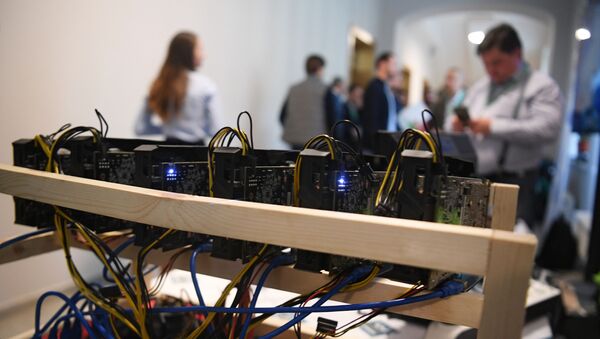International students have been attracted to the bachelor's degree for foreign nationals in the Software Engineering programme of the National Research University of Electronic Technology (MIET). After four years of study, they are capable of carrying out the development of corporate information systems, working with the Internet of Things, big data and blockchain, as well as modelling complex systems and managing software projects.
Software engineering is a modern scientific and technical field and a new educational field for training world-class programmers. Today, MIET trains over 50 foreigners in this field. They acquire knowledge in information technology and engineering approaches to software development, testing and operation.
“We train programmers who know classical and modern programming languages, as well as development tools. Our students receive education at a high enough level to work at the forefront of computer technology and science. After graduation, they become quite competitive in the international labour market. The first graduates of the programme have successfully found employment; some of them decided to deepen their knowledge and enrolled in our master's programmes,” Youth Affairs Deputy Director at the MIET Institute of Systems and Software Engineering and Information Technology (SSEIT), Valentin Slyusar told Sputnik.
According to him, the programme attracts applicants from Cameroon, Ghana, Nigeria, Mongolia, Vietnam, Serbia, Tajikistan, Uzbekistan and other countries.
“In the first year, students from non-CIS countries enter Russian language immersion programmes, and from the second year onwards they join regular groups and study on a common basis. Unfortunately, due to the epidemiological situation, foreigners are now studying remotely, but we are handling it,” Valentin Slyusar said.
Today, when digitalisation has become a global trend, software engineering has become a crucial profession, and the demand for specialists in this field is constantly growing, Senior Lecturer at the Department of Computer Science at the Mathematics and Mechanics Faculty of Saint Petersburg State University, Stanislav Sartasov said.
“Now that many services have become fully digital because of the pandemic, highly qualified programmers with Russian university degrees are finding jobs faster than ever before, and IT companies hire talented students after their sophomore year. However, foreign applicants need to understand that the learning programming is difficult, and it is better to assess the level of their school computer science training in advance. The university programme is not designed to teach software engineering from scratch. We can give students a lot, but we hope that they also come motivated and prepared for difficult studying,” the expert said.
According to Professor Larisa Gagarina, head of the programme and director of SSEIT, graduates will be capable to independently develop computer games, web portals, operating systems, testing and debugging tools and much more. They will learn to integrate systems and create corporate information systems.
Young specialists will be equally adept at Internet of Things development, big data, blockchain, modelling complex systems, computer network administration and cybersecurity. Moreover, they will be taught how to manage software projects: to manage development teams at companies at various levels and in any industry.



